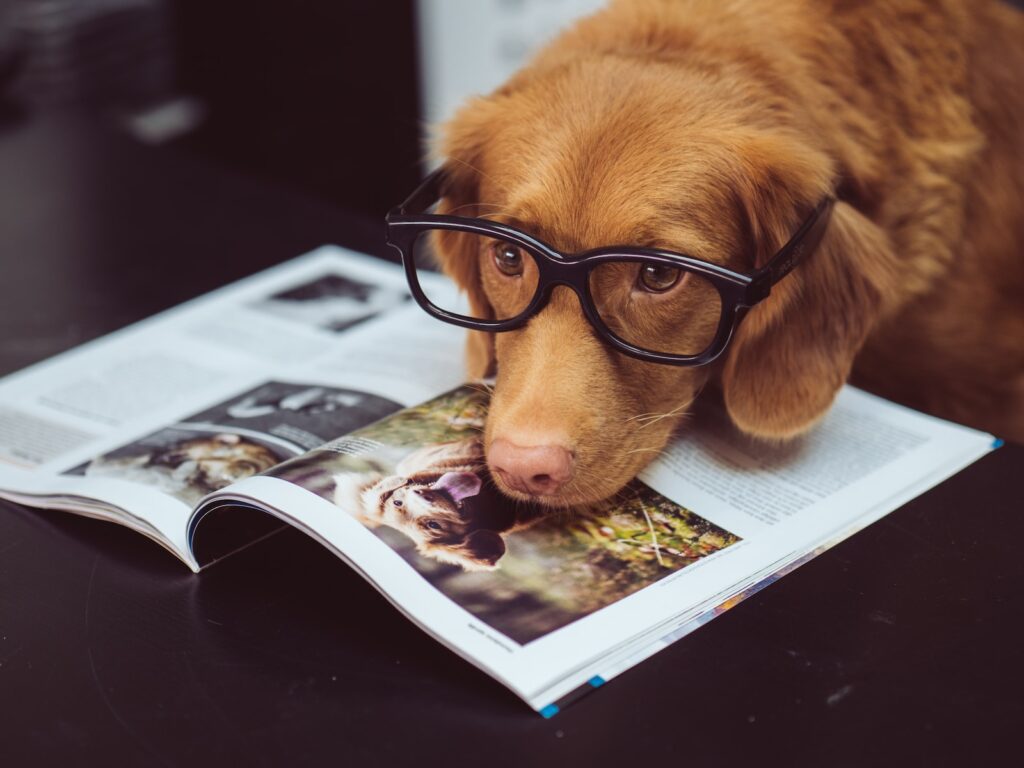Can Dogs Eat Mustard? — No, They can’t
Mustard is not safe for dogs to consume due to its potential risks and harmful effects on their health. While humans may enjoy the tangy flavor and unique taste of mustard, it can be detrimental to our furry friends. Dogs have sensitive digestive systems, and certain foods that are safe for us may cause severe complications in dogs. Mustard falls into this category, making it unsuitable for canine consumption.
Can Puppies Eat Mustard?
No, puppies should not eat mustard either. As young and developing canines, puppies have even more delicate digestive systems compared to adult dogs. Introducing mustard into their diet can lead to digestive issues, such as upset stomach, diarrhea, and potentially life-threatening conditions.
Why is Mustard Harmful for Dogs?
Mustard poses various dangers to dogs, making it crucial to keep them away from this condiment. Here are some reasons why mustard is harmful for dogs:
1. Digestive Upset
Mustard contains ingredients like garlic, onions, and various spices that can irritate a dog’s stomach lining and lead to digestive upset. Ingesting mustard can result in vomiting, diarrhea, and stomach discomfort for your furry companion.
2. Allergic Reactions
Dogs can be allergic to mustard, just like humans. Allergic reactions in dogs may manifest as skin irritation, itching, swelling, and even difficulty breathing. It is crucial to avoid exposing your dog to any potential allergens, including mustard.
3. Toxic Components
Mustard may contain toxic components, such as certain essential oils, that can be harmful to dogs. These toxic components can adversely affect the dog’s red blood cells, leading to anemia and other serious health concerns.
Symptoms to Watch Out For After Dogs Consume Mustard
- Vomiting: If your dog consumes mustard, they may begin vomiting as their system tries to get rid of the harmful substance.
- Diarrhea: Mustard ingestion can cause diarrhea in dogs, leading to loose and watery stools.
- Abdominal Discomfort: Dogs may show signs of abdominal discomfort, such as restlessness, discomfort, or a hunched posture, after consuming mustard.
Immediate Steps to Take if Your Dog Eats Mustard
- Monitor your dog: Keep a close eye on your dog for any immediate adverse reactions or discomfort after consuming mustard. Observe their behavior, stool, and general health.
- Offer water: Ensure your dog has access to fresh water to help dilute any harmful effects of the mustard and prevent dehydration.
- Consult your veterinarian: If your dog shows severe symptoms or if you have concerns about their well-being, it is crucial to contact your veterinarian for professional guidance and care.
Safe Alternatives to Mustard
While mustard is not safe for dogs, there are plenty of safe alternatives that they can enjoy. Consider offering your dog these safer food options instead:
- Turkey — A lean protein source that dogs can enjoy in moderation.
- Sweet Potatoes — A nutritious and delicious vegetable that can be cooked and offered as a treat to dogs.
- Blueberries — Packed with antioxidants, blueberries can be a flavorful and healthy addition to your dog’s diet.
Conclusion
In conclusion, mustard is not safe for dogs to eat. It can cause digestive upset, allergic reactions, and contains toxic components that can harm their health. It is essential to be vigilant about what foods we offer our furry companions and provide them with safe alternatives that meet their nutritional needs. Always consult your veterinarian if you have any concerns or questions regarding your dog’s diet.
Frequently Asked Questions
Can dogs eat mustard seeds?
No, dogs should not consume mustard seeds. Mustard seeds may pose similar risks as mustard itself, causing digestive issues and potential allergic reactions in dogs.
Can a small amount of mustard harm dogs?
Even a small amount of mustard can have adverse effects on dogs. It is recommended to keep all forms of mustard away from your furry friend’s reach.
Are there other condiments that dogs should avoid?
Yes, there are several condiments that dogs should avoid, including ketchup, mayonnaise, and barbecue sauce. These condiments often contain ingredients that can be harmful to dogs.
What should I do if my dog accidentally eats mustard?
If your dog accidentally consumes mustard, monitor their behavior and contact your veterinarian if you notice any concerning symptoms or behaviors. It is better to be cautious and seek professional advice.






